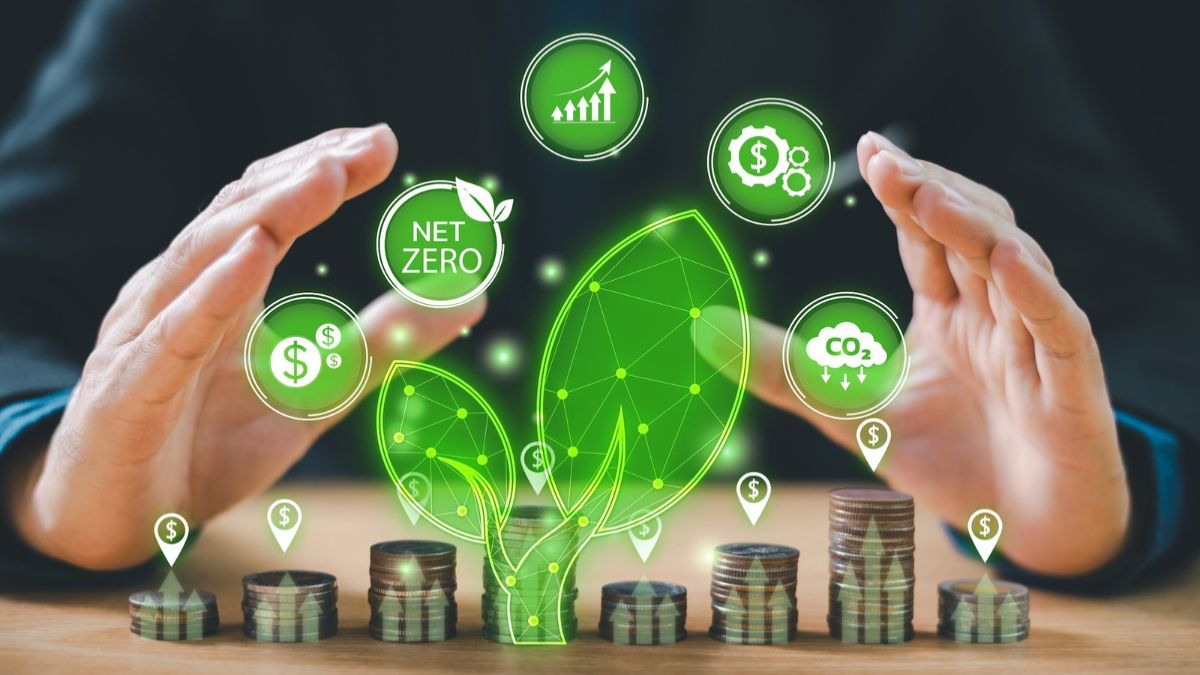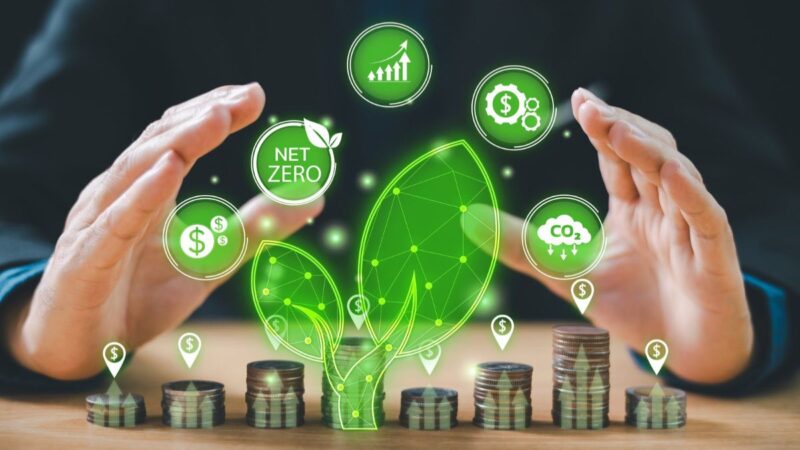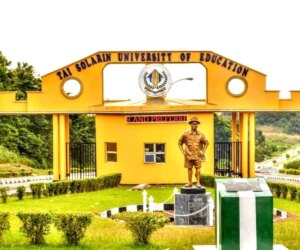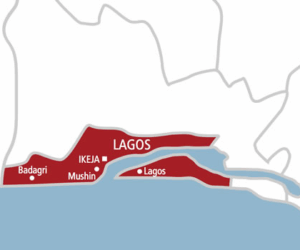
When torrential rains submerged homes in Lokoja and forced communities in Benue to flee the rising waters, the devastation mirrored a national crisis: Nigeria’s inability to mobilise enough money to protect its people from climate change.
At a media discourse on climate finance in Nigeria organised by Connected Development (CODE) in Abuja, experts from civil society, governance, and the media laid bare the grim numbers and governance gaps hindering the country’s fight against climate change.
Presenting findings from the State of Climate Finance in Nigeria Report, Hyeladzira Msheilia, Acting CEO of Connected Development (CODE), painted a stark picture of the country’s vulnerabilities.
“Nigeria is among the world’s most climate-vulnerable countries. Meeting our climate targets requires $177.7 billion every year, but between 2015 and 2021, we received only $4.93 billion in climate finance. That is less than one per cent of what we need,” she said.
She warned that the current $7 billion annual funding gap is worsening Nigeria’s exposure to floods, droughts, and extreme weather events.
“If we don’t bridge this gap, our communities will continue to face devastating floods, failed harvests, and worsening poverty,” Msheilia cautioned.
She also emphasised the importance of using grants instead of piling up debts.
“We cannot continue borrowing our way out of a climate crisis. Debt servicing costs are already choking our economy and diverting funds away from urgent adaptation projects,” she added.
“We Are Budgeting for Streetlights, Not Survival”
But the problem is not just a lack of funds. According to Enebi Opaluwa, Head of Natural Resource and Climate Governance at BudgIT Foundation, Nigeria must urgently reform its budgeting approach for climate change.
“Climate finance must operate with transparency, participation, equity, and efficacy. That is what we call green accountability,” Opaluwa said.
Using Nigeria’s 2024 national budget as an example, he noted that billions were allocated to climate-related projects; however, much of the funding went into solar streetlights, while adaptation measures that directly impact vulnerable Nigerians were underfunded.
“In the Ministry of Power, 95 per cent of climate allocations went into solar streetlight projects, while sectors like food security, erosion control, and clean energy access received far less,” he revealed.
He emphasised that this misalignment poses a threat to Nigeria’s climate goals. “If budgets don’t reflect the real struggles of vulnerable communities, then what we have is paperwork, not climate action,” Opaluwa argued.
“Journalists Must Humanise the Billions”
For Mike Etta Bisong, Abuja Bureau Chief of Environ News, the missing link in Nigeria’s climate finance conversation is storytelling.
He urged Nigerian journalists to dig deeper into climate finance flows and connect them to the lives of citizens.
“Climate finance is not charity — it is justice,” he told participants. “Journalists must go beyond headlines about ‘billions pledged’ at COP meetings and investigate whether that money actually reaches farmers in Jigawa, fishermen in Bayelsa, or displaced families in Benue.”
Bisong emphasised that the media has a duty to break down complex negotiations and budgets into relatable stories.
“Our role is to translate billions of dollars into what it means for a mother in Kogi whose home was washed away by floods. If people don’t see themselves in the story, they won’t demand accountability,” he said.
He further called for collaboration among journalists, civil society, and international networks to track pledges and delivery.
“African journalists must amplify our continent’s voices globally. Only then will donor countries realise that climate finance is an obligation, not a favour,” Bisong added.
A Call to Citizens
The experts agreed that while the government must do more, citizens also have a role in demanding accountability.
CODE highlighted its community outreach campaigns, which educate rural Nigerians about climate finance and encourage them to hold their leaders accountable.
Quoting environmentalist Robert Swan, Msheilia reminded the audience: “The greatest threat to our planet is the belief that someone else will save it.”








